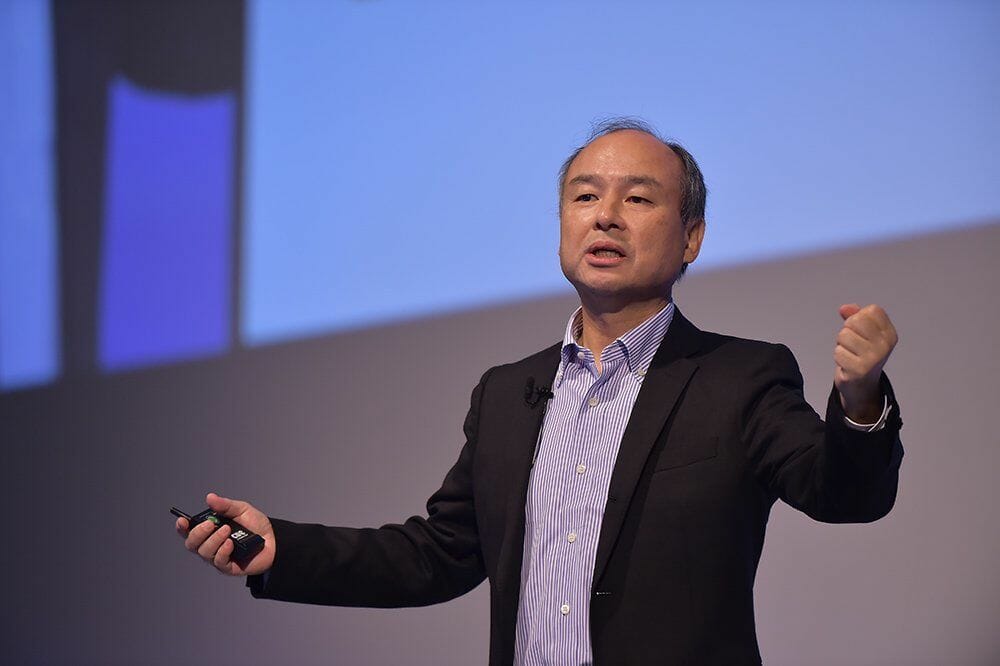SoftBank CEO Masayoshi Son now believes that 15 of the startups in his company’s Vision Fund portfolio will go bankrupt – though he still thinks the VC mega-fund can make a positive return.
As part of its AI and robotics-focused mandate, the Japanese tech company’s Vision Fund has invested in several agrifood businesses worldwide. These include vertical farming startup Plenty, restaurant delivery portal DoorDash, Indian e-grocer Grofers, Colombian on-demand app Rappi, and robotic pizza maker Zume.
“I would say 15 of them will go bankrupt,” Son said in an interview with Forbes, adding that such an outcome could be acceptable as long as a similar number of 15 or more companies “break out.”
According to Forbes, SoftBank insiders have claimed that if the $100 billion fund can return $150 billion, then limited partners will get their principal back with 7% annual returns. The fund itself could still make a profit in such a scenario.
With this in mind, the Vision Fund is focussing on helping its portfolio companies renegotiate with their landlords and lenders. It’s also trying to learn lessons from Asian portfolio companies that were among the first to face the economic fallout from the Covid-19 pandemic. “There’s a lot going on to help these companies work their way through what will be a long, long journey,” said Vision Fund partner Lydia Jett.
SoftBank was one of the most active agrifood VC investors last year, according to AgFunder’s Agri-FoodTech Investing Report 2019. It appeared in the report’s top investors list for the first time, ranked joint-fifth with Blume Ventures, Omnivore, and Data Collective by number of deals done (all four participated in eight deals; top-ranked S2G Ventures closed 22 deals).
In dollar terms, SoftBank was possibly the year’s biggest investor. SoftBank Group and SoftBank Vision Fund co-led Rappi’s $1 billion Series E raise in April – the largest single agrifood startup round of 2019 – while the Vision Fund joined in Grofers’ $220 million funding alongside Sequoia Capital and Tiger Global. In January, the Vision Fund invested $940 million into Nuro, which develops driverless delivery and logistics vehicles for food retail and other industries.





